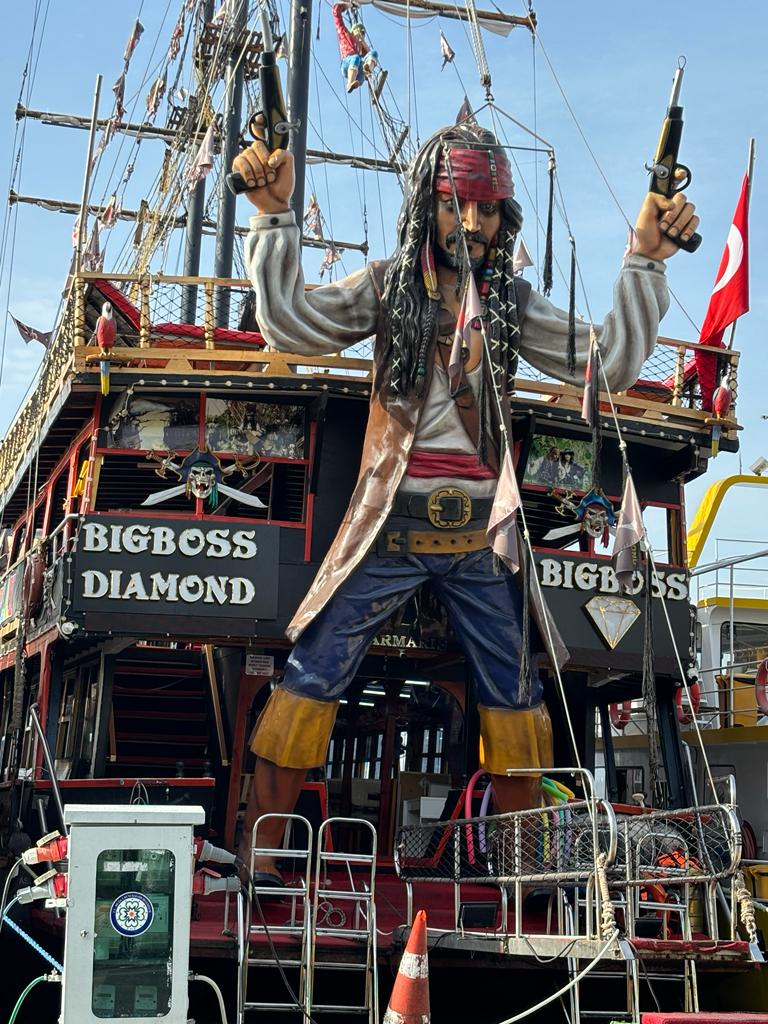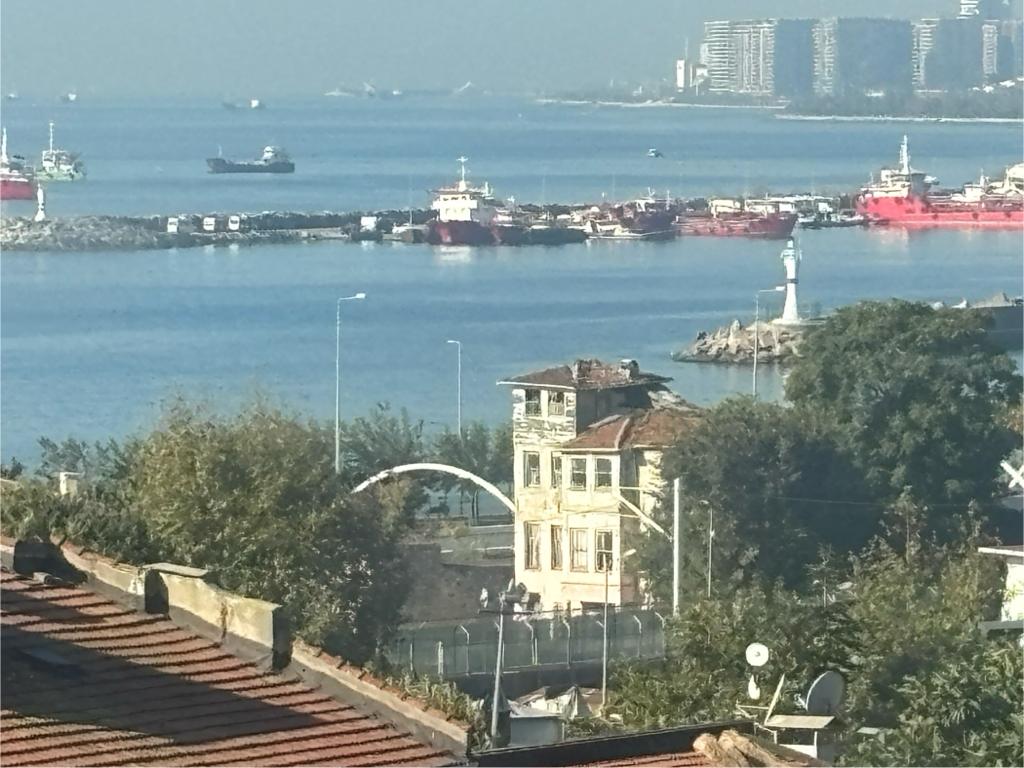I came to Turkey basically to experience this Muslim majority country’s practice of secularism, to see the compromises it has made with the Islamic law, or Shari’a, as it is broadly understood and almost universally accepted.
The most important number about Turkish society and government to keep in mind is the 0.4 percent victory margin that Rejeb Erdogan’s AK Party scored over its rival, the strongly Kemalist-secularist CHP led by Akif Killicdaroglu. For both parties, the May 2023 elections were a fight to the finish — win the elections or be annihilated, maybe for good. Erdogan’s victory was all the more astounding because of February’s devastating earthquake in the Hatay region, which killed more than 50,000 people and injured a countless number. People were angry at the skimpy government services provided to the victims.

CHP promised the world to the quake victims, including free rebuilding of people’s homes and lives. AKP promised generous reconstruction loans. It also affirmed or asserted the Muslim voters’ cultural preferences, which is not to say that ALL Muslims voted for Erdogan’s party.
An inescapable fact of Turkish life is the incredible diversity of faces and races you see in public. Its apparent homogeneity is a bit deceptive. This nation is as divided by ethnicity as any other major country. It was founded, of course, on the ruins of the Osmanli Empire after the first world war. If it was not for the extraordinary leadership of a provincial, Mustafa Kamal, all of Turkey would be Greece today. He mobilized the Turks in a vigorous defense of the nation against the British forces, thus probably earning the title of Ataturk, father of the Turkish nation.
Of Turkey’s 80 million population, 55 million are Turkic, 12.5 million Kurd, and the rest identified as people of Circassian, Bosnian, Albanian, Georgian or Arab descent. From its inception, Turkey recognized only Turkish language and imposed it through its school systems. A 1934 law decreed that everyone adopt Turkish surnames. Today, 90 percent or more of Turks identify Turkish as their first language.

Turkey is a European country today in terms of economic achievement, a democratic political process, the rule of law, and temperament. So, the most obvious features of Turkey’s compromise with the Shari’a is to allow equal rights for women, enforce freedom of conscience, and application of law regardless of anybody’s religious inhibitions. That means free flow of alcohol, bars and liquor shops in every neighborhood, and no stigma attached to its responsible use.
In brief encounters with shopkeepers and such, I have heard expressions like these: “My mother is Kurdish, but I don’t care for Ocalan” (jailed Kurdish leader.)
“I don’t support Erdogan — he wants to turn Turkey into the Taliban’s Afghanistan!”
And this: “Yes, Erdogan is a great leader, may Allah give him long life.”
There’s something sad about grown and apparently literate men hustling for customers in the bazaars of Turkish towns, as much as in the modernized “suqs” of the Gulf countries. I haven’t visited Istanbul’s famed Grand Bazaar, but its mini version in Marmaris illustrates the point. Restaurants brazenly display their menus and prices at their doors, apparently offering the same kind of fare; stores selling clothes, shoes and trinkets barely distinguishable from each other. The touts yell invitations to dine, and the salesmen are either glued to their phones or looking wistfully at the sauntering gawkers, fat, often shirtless, Brits with or without families, or Russians who seem to spend more than the others, per a storekeeper.
What stands in contrast, to this gawker from the East Coast, is the market scene in any of the affluent towns of NJ, PA, CT and MA, where life is mostly indoors, young men and women run the stores, restuarants, gas stations, banks, groceries and such, and the owners are sitting somewhere crunching numbers on a computer, or at the cash registers. The food courts at the malls are eager for customers, but you don’t see grown men acting as touts. It’s degrading.

